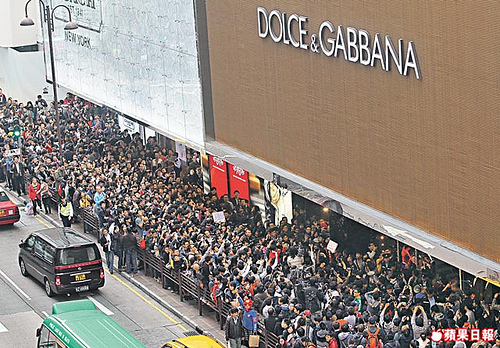Dolce & Gabbana's brand image tarnished by discrimination protests
HONG KONG - D&G's photo ban in the name of protecting intellectual property has left a sour taste in the mouth of Hong Kongers and damaged the fashion giant's brand there.
by Benjamin Li, Jenny Chan 陳詠欣

Please sign in below or access limited articles a month after free, fast registration.
If you don’t yet have an account, you can register for free to unlock additional content. For full access to everything we offer, view our subscription plans.
Sign In
Trouble signing in?
Register for free
✓ Access limited free articles each month
✓ Email bulletins – top industry news and insights delivered straight to your inbox
Subscribe
✓ Unlimited access to all Campaign Asia content
✓ Real-world campaign case studies and career insights
✓ Exclusive reports, industry news, and annual features
